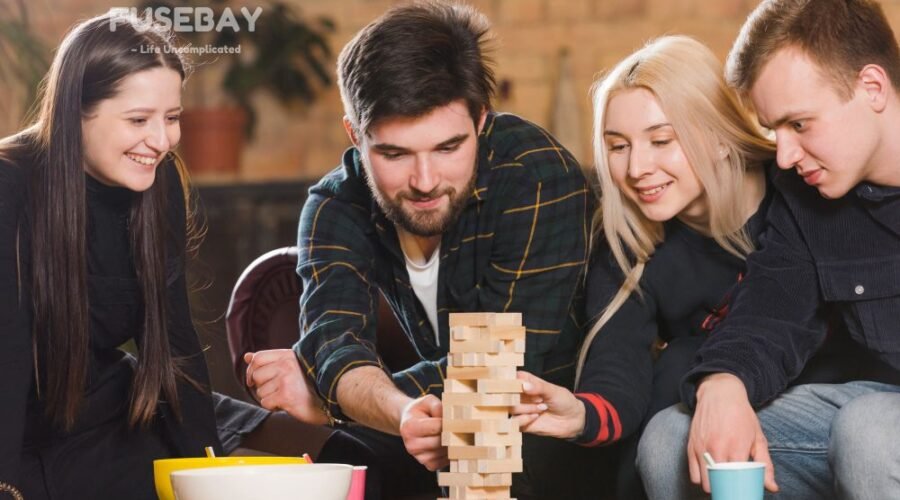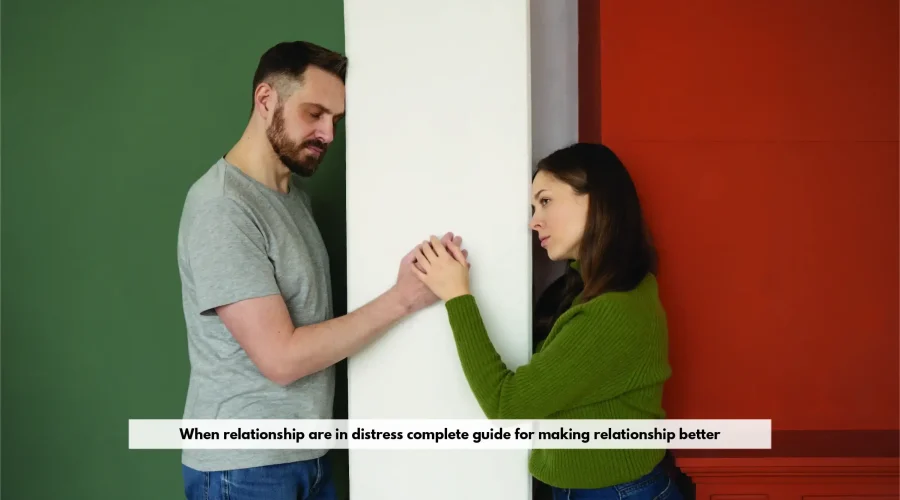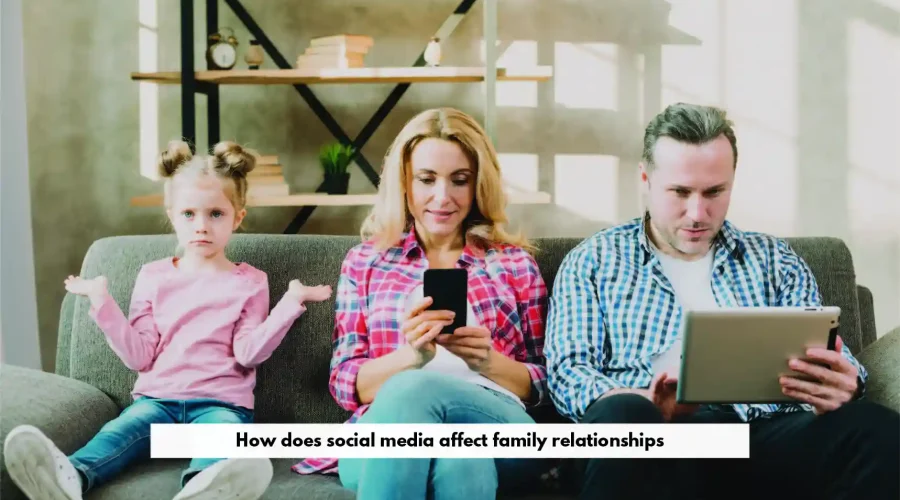How to Build Relationships with Friends and Strengthen Bonds?
How to Build Relationships with Friends? Building strong and meaningful relationships with friends is an essential aspect of life. True friendships bring joy, support, and companionship, enriching our lives in ways that no material possession can. Understanding how to build relationships with friends is crucial for developing lasting bonds based on trust, respect, and shared experiences. By learning the principles of effective communication, emotional intelligence, and mutual understanding, we can nurture friendships that stand the test of time. Friendships are the foundation of a fulfilling social life. They provide emotional support, reduce stress, and enhance our overall well-being. However, building and maintaining friendships require effort, patience, and dedication. In this article, we will explore the most effective strategies for strengthening friendships and ensuring they remain healthy and long-lasting. The Importance of Strong Friendships A strong friendship offers more than just companionship. It plays a vital role in our mental and emotional well-being. Here are some key benefits of having close friends: Key Strategies on How to Build Relationships with Friends 1. Effective Communication is the Foundation of Friendship Effective communication goes beyond just talking—it involves truly understanding and connecting with your friend on a deeper level. Being an active listener means not just hearing the words but also paying attention to emotions, tone, and body language. A strong friendship thrives on meaningful conversations where both individuals feel heard, valued, and respected. It’s important to express your thoughts clearly and honestly while also being receptive to your friend’s perspective. Clear and open communication is essential for any relationship. To build a strong friendship, focus on: 2. Be Trustworthy and Reliable Building trust takes time, but it can be lost in a split second. True friendship is based on honesty and dependability, where both friends feel safe confiding in each other without fear of betrayal. Being reliable means showing up when you promise and being there during challenging times, not just when things are going well. A good friend is someone who remains steadfast even in difficult situations, proving that their loyalty is unwavering. Trust is the backbone of every strong friendship. To establish trust: 3. Spend Quality Time Together The time spent together creates unforgettable memories and deepens emotional connections. Quality time doesn’t always mean grand gestures or extravagant outings—it can be as simple as having a deep conversation over coffee, watching a favorite movie together, or taking a walk in the park. What matters most is the intention behind spending time together and being fully present in the moment. Prioritizing a friendship in your busy schedule shows that you genuinely care and appreciate the bond you share. Friendships thrive on shared experiences. Make time for your friends by: 4. Show Appreciation and Gratitude Appreciation is one of the simplest yet most powerful ways to nurture a friendship. People often take their closest friends for granted, assuming they know how much they mean to them. However, openly expressing gratitude and appreciation strengthens relationships. Showing appreciation can be done in different ways, from heartfelt words to small gestures like writing a note, surprising them with their favorite snack, or simply saying, “I appreciate you.” Expressing gratitude strengthens friendships. Giving thanks in a small way can go a long way: 5. Support and Encourage Your Friends Friendship is about lifting each other up and celebrating each other’s successes. A true friend is someone who stands by your side through life’s ups and downs, providing motivation when needed. Encouragement plays a huge role in helping a friend achieve their goals and build confidence. Friendship is a two-way street, and offering support is crucial: 6. Handle Conflicts with Care Conflicts are a natural part of any relationship, but how they are handled determines the strength of the friendship. Disagreements don’t have to lead to broken relationships if they are approached with maturity and understanding. Instead of avoiding difficult conversations, addressing concerns respectfully can bring clarity and strengthen the bond. It’s important to express feelings without accusations, focusing on finding a solution rather than proving who is right. Taking time to listen to your friend’s perspective, even if it differs from your own, fosters mutual respect. Disagreements are inevitable in any relationship, but how we handle them determines the strength of the friendship. To resolve conflicts: 7. Maintain a Positive Attitude Positivity plays a crucial role in friendships, making interactions enjoyable and uplifting. People are naturally drawn to those who bring joy, encouragement, and lightheartedness into their lives. Having a positive outlook doesn’t mean ignoring challenges; rather, it involves focusing on solutions and finding ways to keep the friendship enjoyable. Friends who share laughter and good energy create memories that last a lifetime. Being optimistic, even in difficult times, provides comfort and reassurance to a friend who may be struggling. Positivity is contagious, and friends are naturally drawn to those who uplift them. To cultivate positivity: Conclusion Understanding how to build relationships with friends is key to creating meaningful, lasting connections. Friendships are built on trust, communication, and mutual support, requiring effort and dedication. By being a reliable, supportive, and appreciative friend, we can cultivate relationships that bring joy, fulfillment, and a sense of belonging. Strong friendships enrich our lives, providing emotional and mental well-being while making life’s journey more enjoyable. Read More: 10 Proven Ways on How to Build Relationships with Neighbors?











